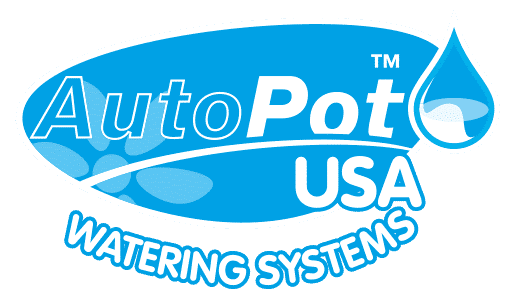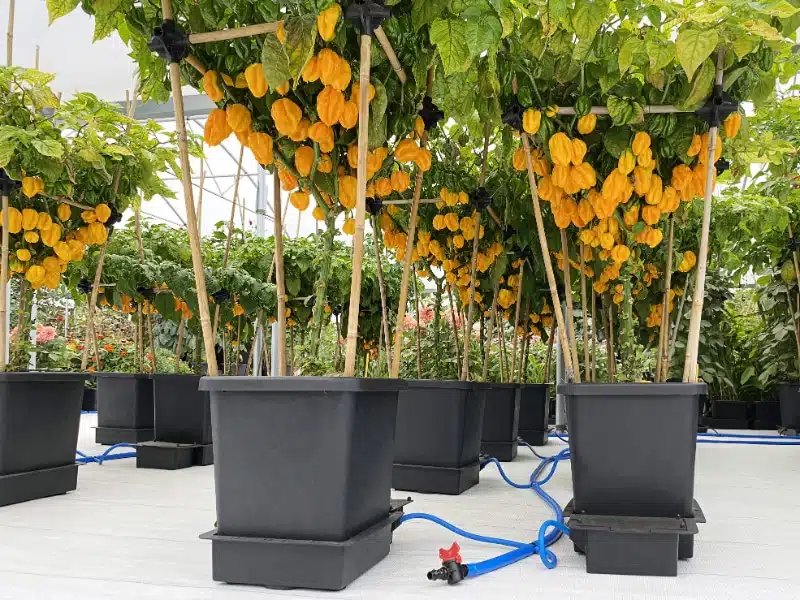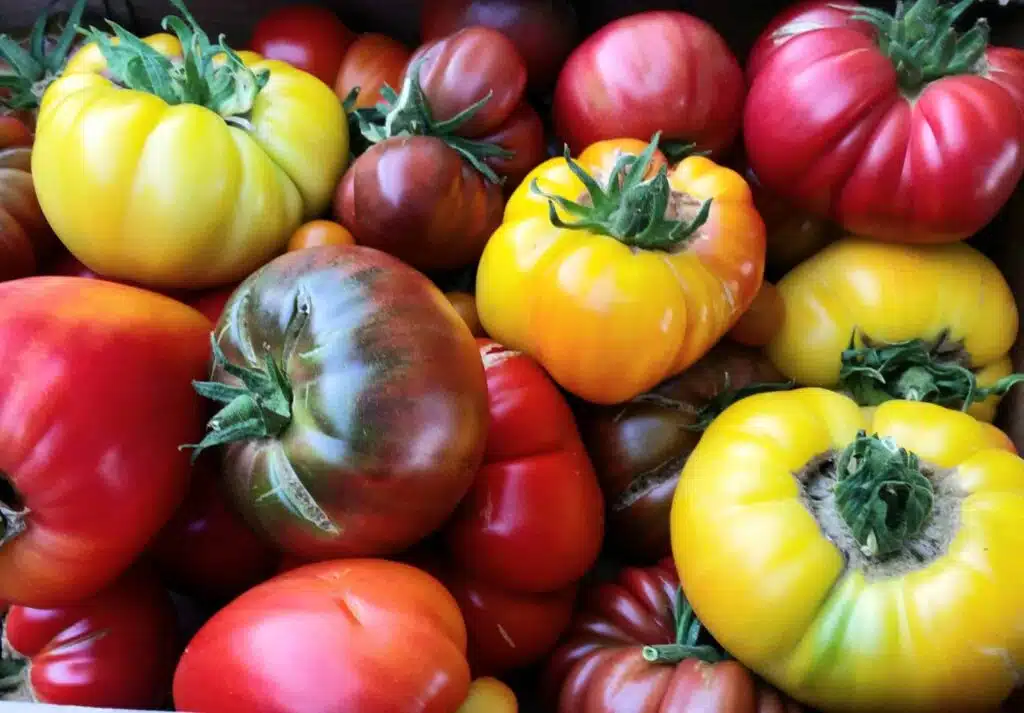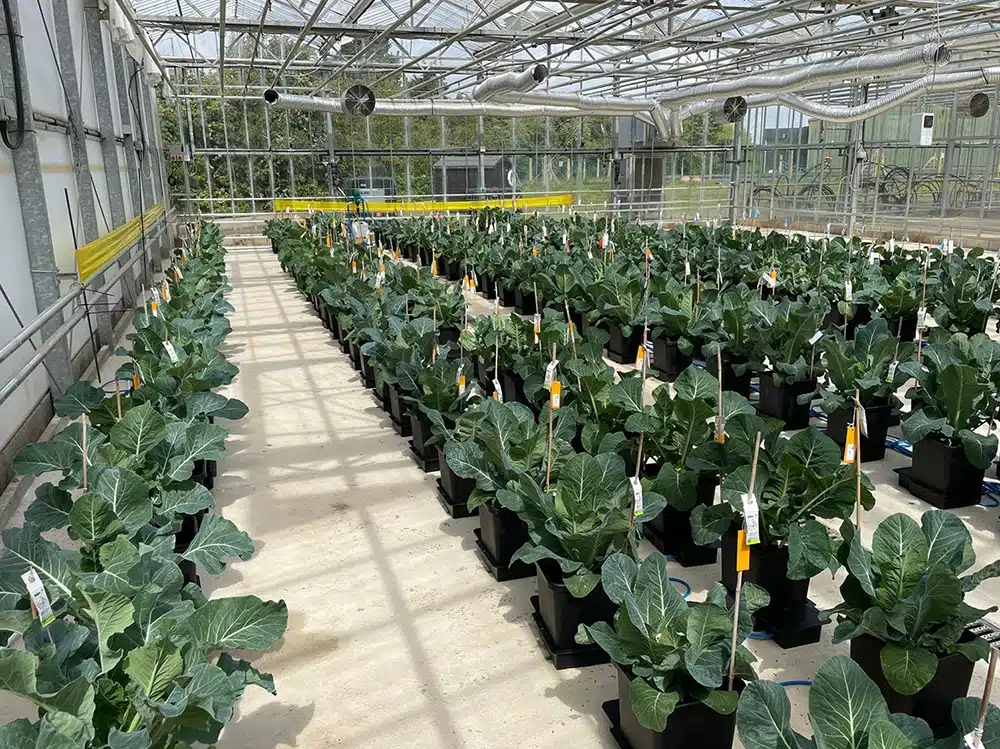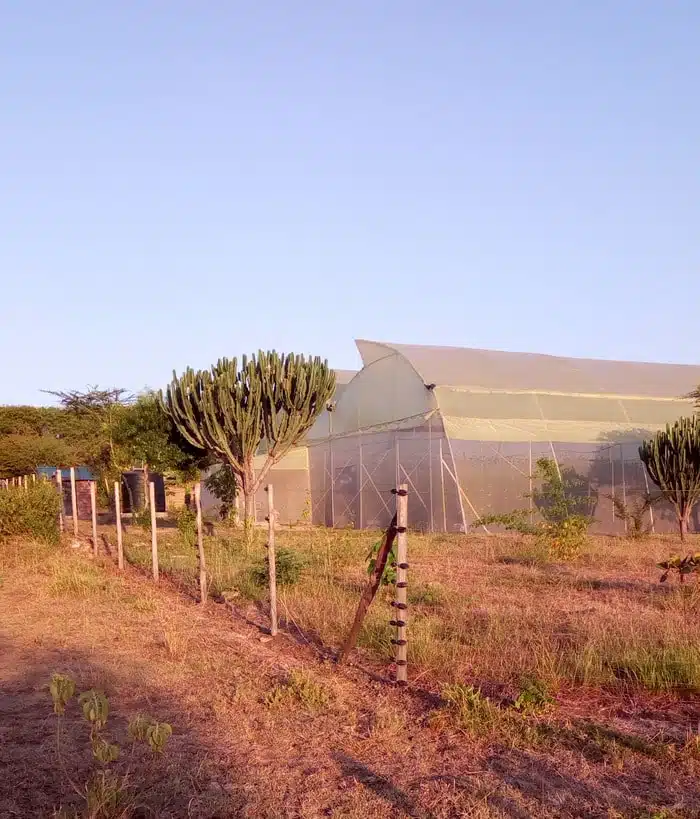AutoPot 4/20 Sale! 20% off site-wide from 4/18 – 4/20 with code ‘420’
Please note: Shipping will take longer than normal during sales due to higher order volumes. Thanks for your patience!
Please note: Shipping will take longer than normal during sales due to higher order volumes. Thanks for your patience!
